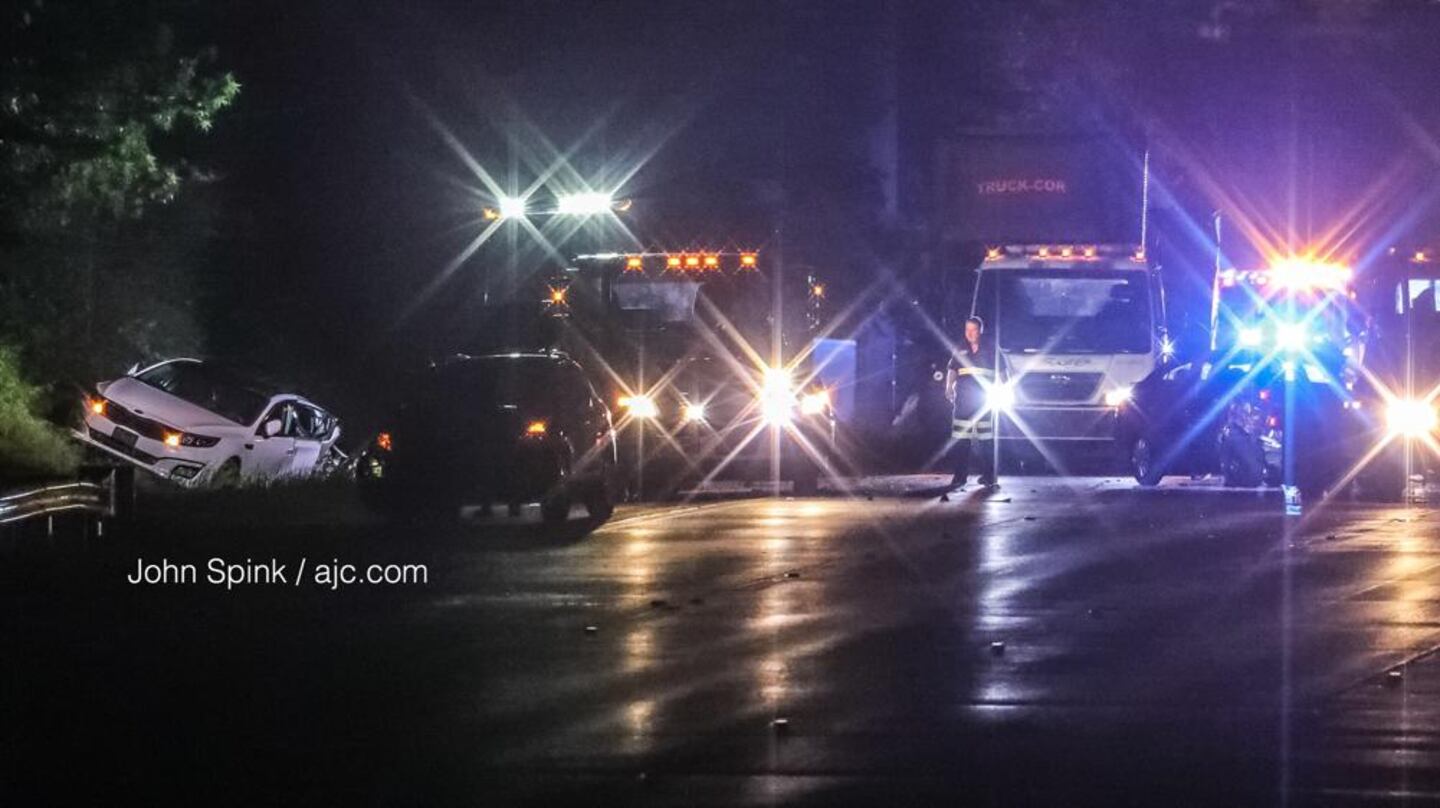ATLANTA — It's always been a danger for first responders - police, fire, EMTs, HERO units - to work an accident or roadside assistance scene along a busy interstate or highway. Now there's new research to show it may be getting more dangerous - due to distracted drivers.
“The rubberneckers have gone digital," says Jason Josey. He's the incident response manager and commander for GDOT's HERO fleet - the operators in those yellow trucks all across Atlanta interstates that help to clear accident scenes, and assist stranded drivers.
Josey is reacting to what the National Safety Council (NSC) has found: 71% of drivers nationwide who admit to taking photos and/or texting while driving by a scene where emergency workers have responded. 60% of those drivers say they've then posted to social media. But it's also about the deadly consequences. The research found 16% of drivers surveyed have either hit, or nearly hit emergency responders on the side of the road.
Last year, 40 first responders died in the U.S. after being hit on the side of the road.
"When we're on our patrols we see no drop-off, as a matter of fact it seems like it may have increased," Josey tells WSB Radio. "It's become a norm."
Georgia has the Move Over Law in place, but to that says Josey, "If 100 cars pass by you, five of them will obey the law and move over and give you space."
HERO operators injuries have ranged from "broken legs, ribs, to full-on hospitalization.." The most recent injured HERO driver suffered broken bones in his back when hit by a motorist. The fleet has had two of its operators killed across 25 years of service.
Marietta Fire Dept. Lt. Ty Howard tells WSB the NSC survey's findings are "pretty much in line with what we see. Three out of four drivers that we see either have their phone hanging out the window, or their head down looking at their phone."
The close calls he says are often. "We put cones out to assist with directing the traffic around the scene, and we'll have people run over our cones come within a foot of our fire engine...you can never turn your back on traffic." Engines have been hit Howard says, but to this point, none of the department's personnel. But that may be only a matter of time.
Howard says because of the growing problem of distracted drivers and the dangers to emergency personnel, when Marietta Fire responds to a scene, such as on I-75, they dedicate one of their crew to stand watch - just for those drivers.
"Standing on the side of 75, with seven lanes of traffic , doing 60 to 80 miles an hour, is every bit as dangerous as going into a burning building, in our opinion."
"You can never turn your back on traffic. You never know when it's going to happen," says Howard.
The message from first responders to drivers on Atlanta's interstates and highways? "Put the phone down, pay attention, keep your eyes on the road."









